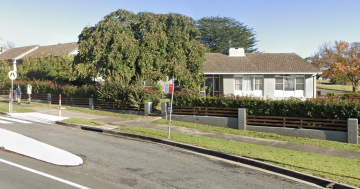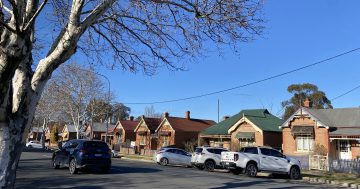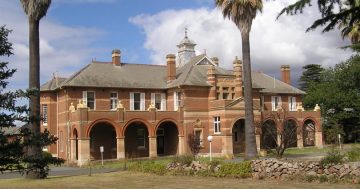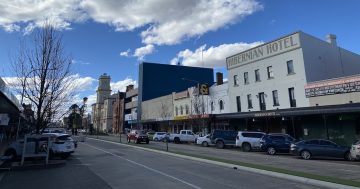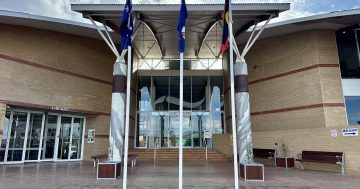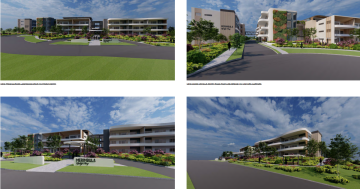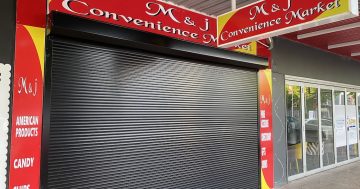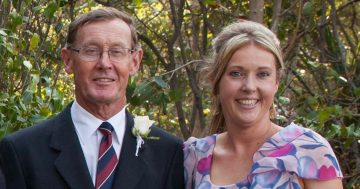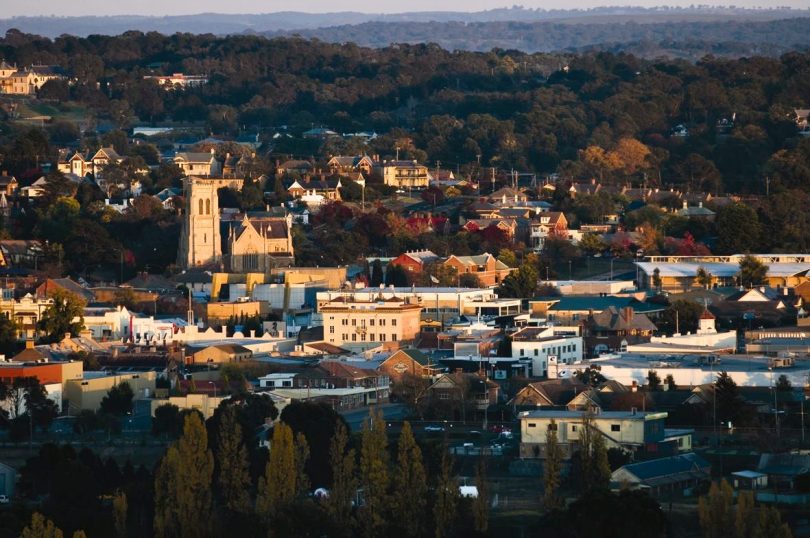
A beautiful heritage city, Goulburn and its surrounding bushland is being spoiled by inconsiderate land owners. Photo: Goulburn Mulwaree Council.
Illegal dwellings, polluting septic systems and false claims on land for sale are souring Goulburn’s unprecedented development boom.
Residents unable to travel within Australia or abroad during COVID-19 lockdowns are spending more of their leisure time on rural blocks and getting into trouble building accommodation and services such as septic tanks without planning approvals.
Goulburn Mulwaree Council’s director of planning and environment, Scott Martin, said land could be advertised falsely as suitable for a “weekender”.
“There is actually no such thing as a weekender,” he said. “They are either a house or they are not. Unless that land has a dwelling entitlement, it is very difficult to get anything approved.
“We are trying to resolve as many issues as we can, but as quickly as they are resolved, we get more in the door.”
One development heading to the Land and Environment Court of NSW includes an enormous metal shed on Middle Arm Road near Goulburn. Other breaches include granny flats in garages, junk yards, derelict car storages and food waste storages.
Council has stepped up fines and reminded the property sector that compliance officers are no pushovers. A comprehensive update on 31 compliance issues in the Goulburn Mulwaree region includes a landowner at Pomeroy refusing entry for inspection of an illegal conversion of a garage into a dwelling, pool and septic system.
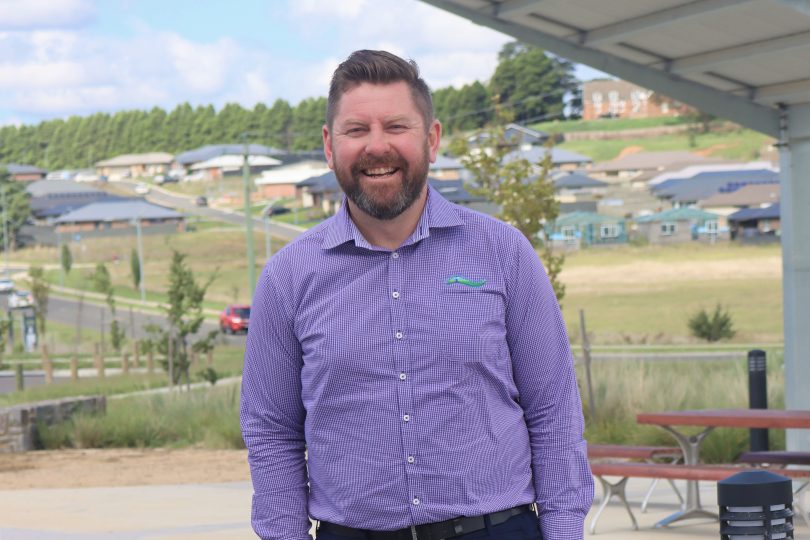
Goulburn Mulwaree Council’s director of planning and environment, Scott Martin. Photo: Supplied.
Owners are employing private property professionals to try to regularise what’s been built illegally. One of the high profile cases highlighted in the previous compliance report – the Church Street home of former Goulburn mayor Tony Lamarra – now involves an engineering consultancy and heritage architect ironing out anomalies.
Mr Martin said with limited resources, council is triaging issues. Some are resolved, some dwellings have been demolished and owners have been issued fines ranging from $1000 to $8000. Extreme cases go to court, which drains resources.
In another out-of-town case, Anglicare has been called in to help resolve two people living in squalor and hoarding. The RSPCA was called regarding animal welfare on the property.
“We are also experiencing probably the biggest boom in development we have seen in decades, or possibly forever,” said Mr Martin. “So our planning team is doing the same with triaging. Unfortunately, they are working to a direction of legitimate DAs [development applications] receiving priority over DAs seeking to regularise illegal work. So it has flow-on effects all the way through the organisation, and, to some extent, into the community for our areas that are developing rapidly.
Previously holding back on fines sent the wrong message that council is a pushover, which is not the case, said Mr Martin.
“The direction from council is clear that we need to demonstrate if you do the wrong thing, we need to take it seriously with a clear message to the community,” he said.
“The rules are in place for a reason.”
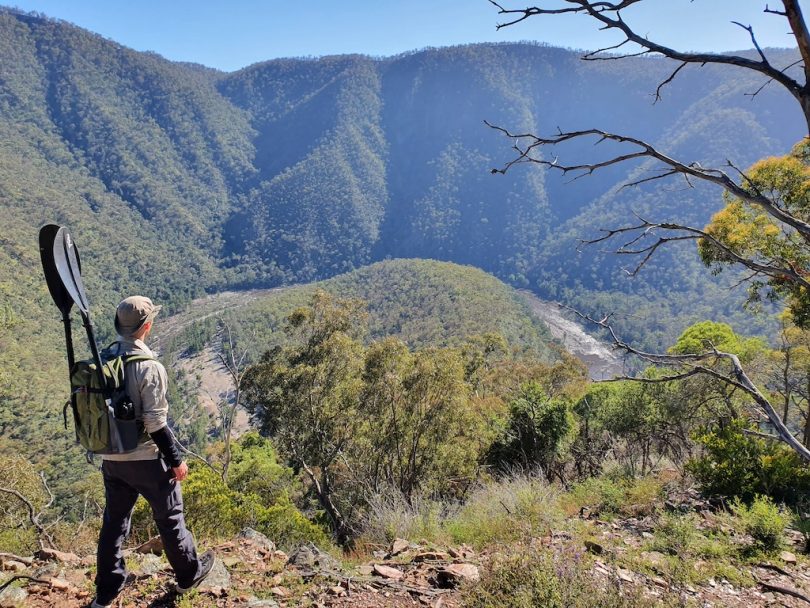
Inappropriate developments spoil the Goulburn district and threaten drinking water catchments. Photo: Andrew Oberg.
Locally based property professionals are changing for the better, which is evident when land is listed for sale accurately, said Mr Martin.
“While it may not attract the same buyer, people are at least not putting themselves in a precarious position by indicating certain things can be achieved on land when, in fact, they can’t, or things are legally in place when they are not,” he said.
Even simple things such as unapproved septic tanks are serious breaches. Perpetrators fail to see the consequences for the drinking water catchment, which flows into Warragamba Dam and Sydney’s water supply.
After the 2019-2020 Black Summer bushfires, rural fire brigades discovered unlawful developments sheltering people.
“If we have a natural disaster like that again, the ability for our emergency services to locate them is somewhat diminished,” said Mr Martin.
Original Article published by John Thistleton on The RiotACT.







